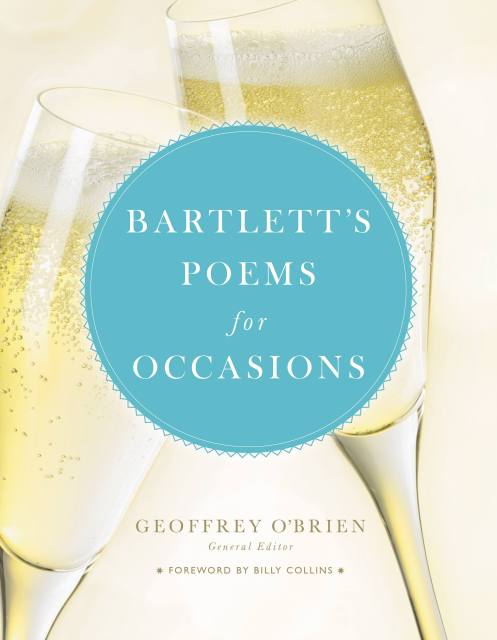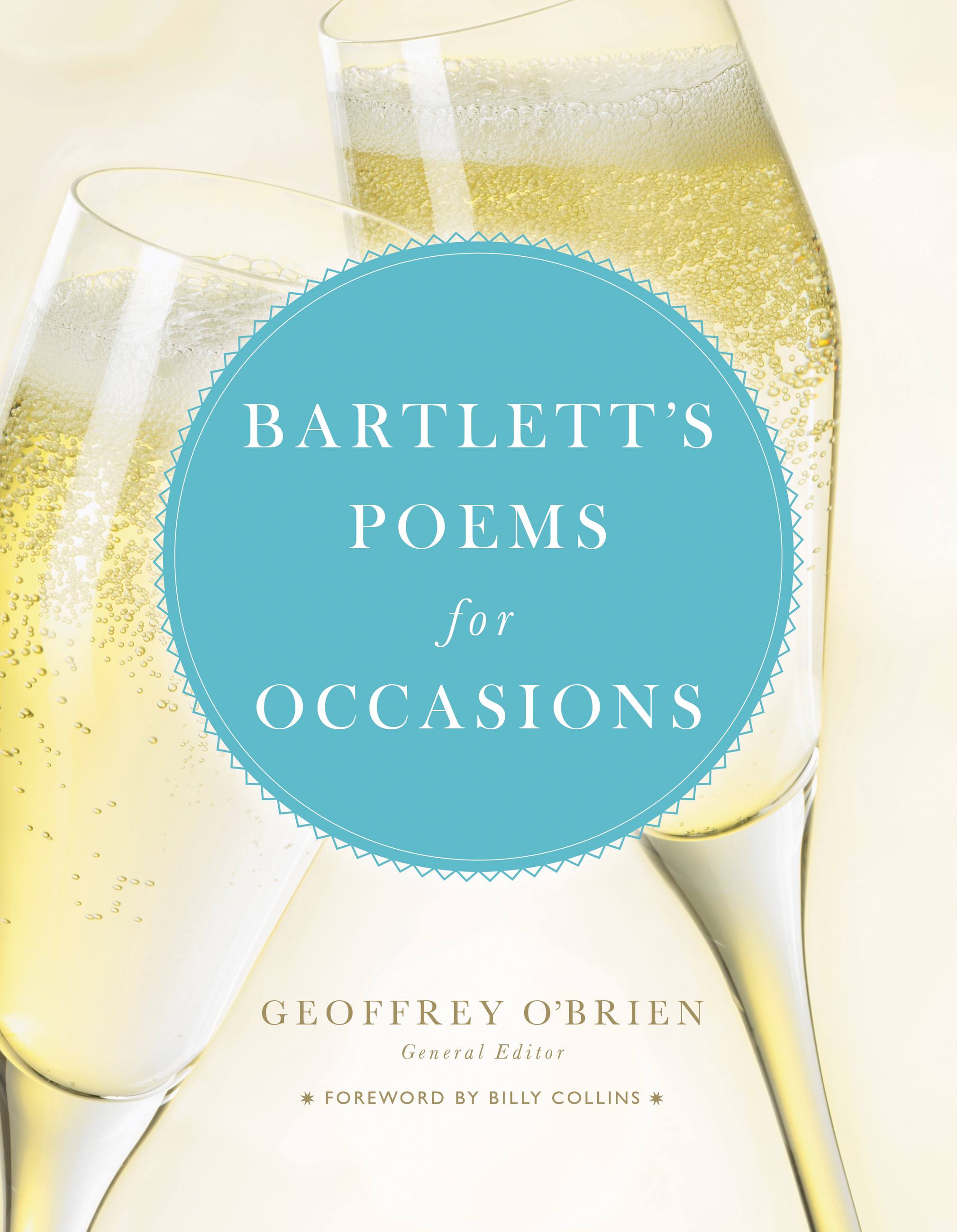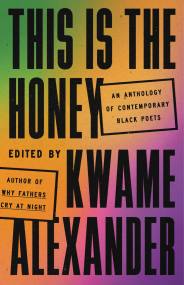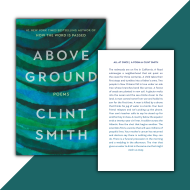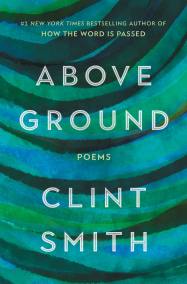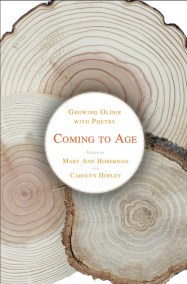Promotion
Use code MOM24 for 20% off site wide + free shipping over $45
Bartlett's Poems for Occasions
Contributors
By Billy Collins
Formats and Prices
Price
$13.99Price
$17.99 CADFormat
Format:
ebook $13.99 $17.99 CADThis item is a preorder. Your payment method will be charged immediately, and the product is expected to ship on or around September 3, 2007. This date is subject to change due to shipping delays beyond our control.
Also available from:
Bartlett’s Poems for Occasions, an entertaining, thought-provoking companion to the bestselling Bartlett’s Familiar Quotations, is the book to turn to for any circumstance — from birth to death and everything in between.
Under the direction of esteemed poet and writer Geoffrey O’Brien, Bartlett’s Poems for Occasions will inspire you to turn to poetry to celebrate a new baby or marriage, toast a colleague, cheer a graduate, honor a birthday, deliver a eulogy, or add zest to a holiday party. It is the perfect solution to the age-old question, What should I say?
Under the direction of esteemed poet and writer Geoffrey O’Brien, Bartlett’s Poems for Occasions will inspire you to turn to poetry to celebrate a new baby or marriage, toast a colleague, cheer a graduate, honor a birthday, deliver a eulogy, or add zest to a holiday party. It is the perfect solution to the age-old question, What should I say?
Genre:
- On Sale
- Sep 3, 2007
- Page Count
- 544 pages
- Publisher
- Little, Brown and Company
- ISBN-13
- 9780316029025
Newsletter Signup
By clicking ‘Sign Up,’ I acknowledge that I have read and agree to Hachette Book Group’s Privacy Policy and Terms of Use
